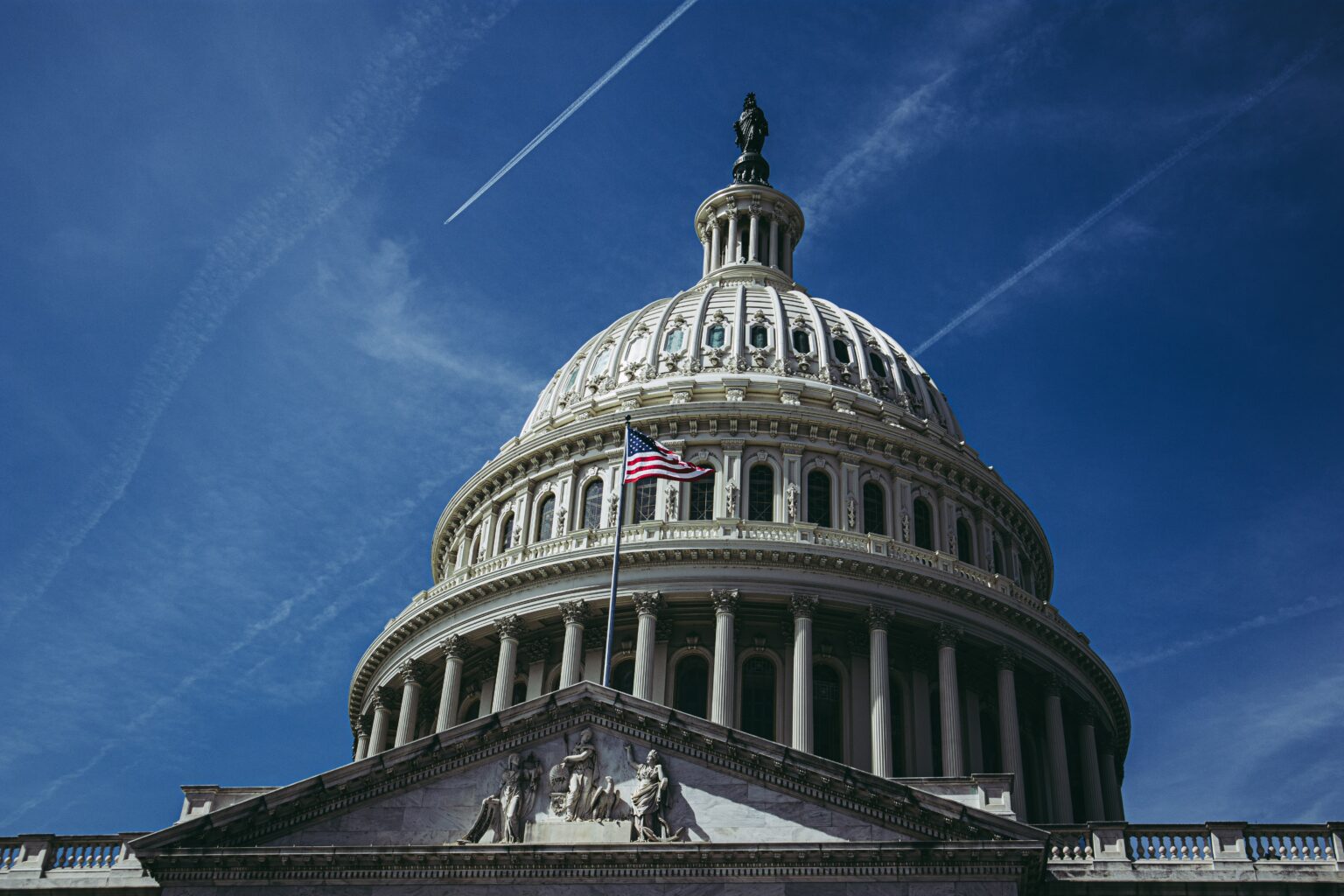A federal judge on Wednesday rejected a request from the Manhattan District Attorney for a temporary restraining order, letting a subpoena from House Republicans for a former prosecutor’s testimony to go forward.
Former Manhattan prosecutor Mark Pomerantz had previously led the investigation into former President Trump’s role in hush money payments made amid the 2016 Presidential election. Pomerantz stepped down last year after District Attorney Alvin Bragg initially declined to pursue charges against Trump.
Bragg has since moved forward on the case, and on April 4, Trump was arrested and arraigned on 34 felony counts of falsifying business records and conspiracy related to the case, to which the former President has pleaded “not guilty.”
Bragg also requested the restraining order against Pomerantz testifying before Congress. On Wednesday Judge Mary Kay Vyskocil in the Southern District of New York found that House Judiciary Chair Jim Jordan (R-OH) had a valid legislative purpose in issuing the subpoena to Pomerantz.
“It is not the role of the federal judiciary to dictate what legislation Congress may consider or how it should conduct its deliberations in that connection,” Vyskocil wrote in a 25-page opinion. “Mr. Pomerantz must appear for the congressional deposition. No one is above the law.”
A Trump appointee, Vyskocil ruled two hours after a hearing in which she questioned lawyers on issues of sovereignty, separation of powers and Congressional oversight in the hush money case.
Acknowledging the “political dogfights” surrounding the case, the Vyskocil said in her ruling that she “does not endorse either side’s agenda.”
Jordan was seeking to question Pomerantz Thursday morning in Washington.
Bragg, however, has indicated that he would ask the 2nd Circuit U.S. Court of Appeals to review the decision, and his lawyer said he intends to ask for an emergency order to keep Pomerantz from having to comply with Jordan’s subpoena while that plays out in court.
Last week, attorneys for Bragg filed a lawsuit in the Southern District of New York against Jordan, claiming that starting on March 20, the Congressman “began a transparent campaign to intimidate and attack District Attorney Bragg, making demands for confidential documents and testimony from the District Attorney himself as well as his current and former employees and officials.”
On Monday, Jordan filed to have that lawsuit tossed, arguing it violates the “Speech and Debate Clause” of the Constitution, which can protect members of Congress from some litigation related to legislative activity.
Jordan has left open the possibility of subpoenaing Bragg, which the District Attorney’s own lawyers reportedly are moving to prevent.


